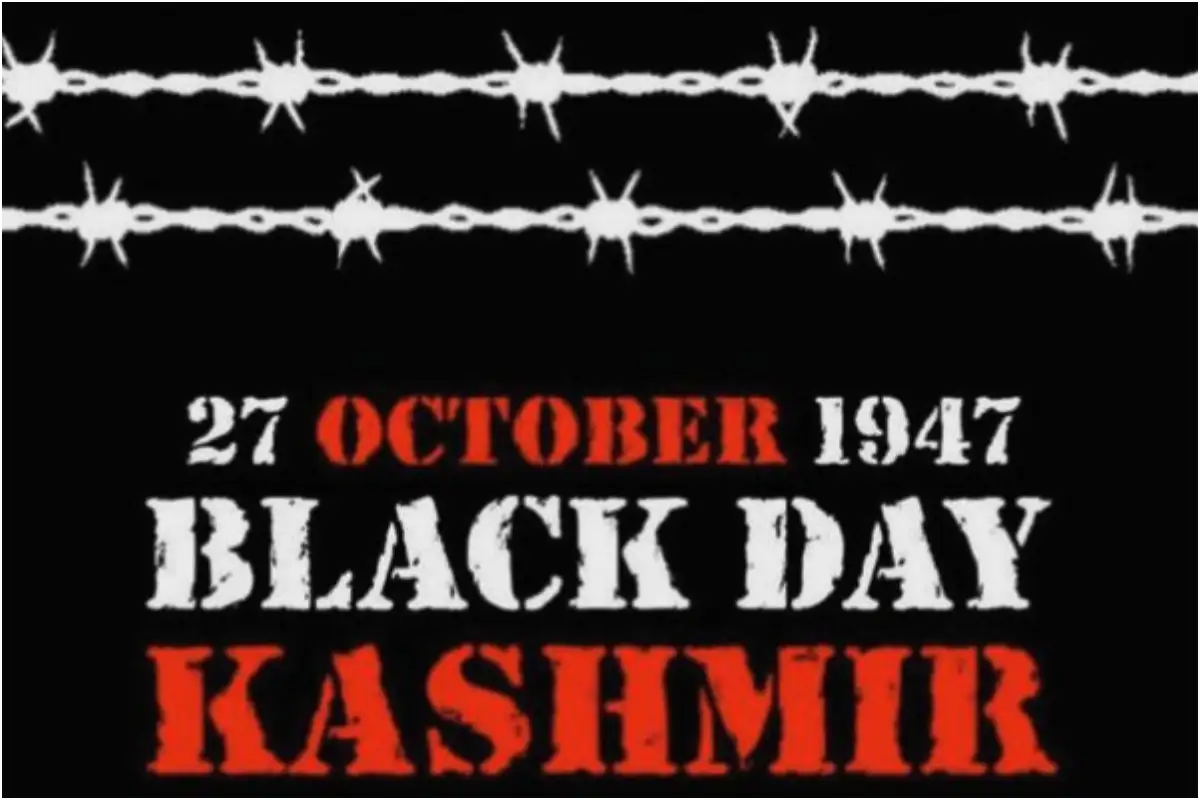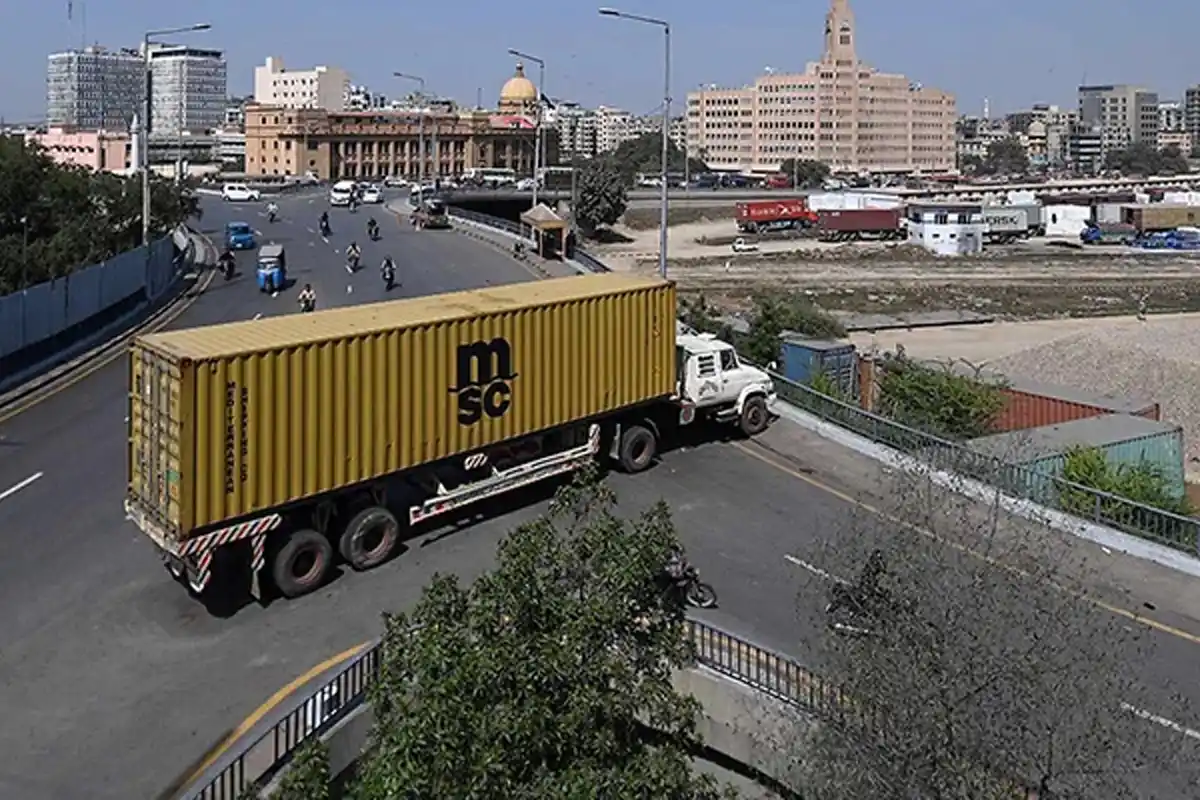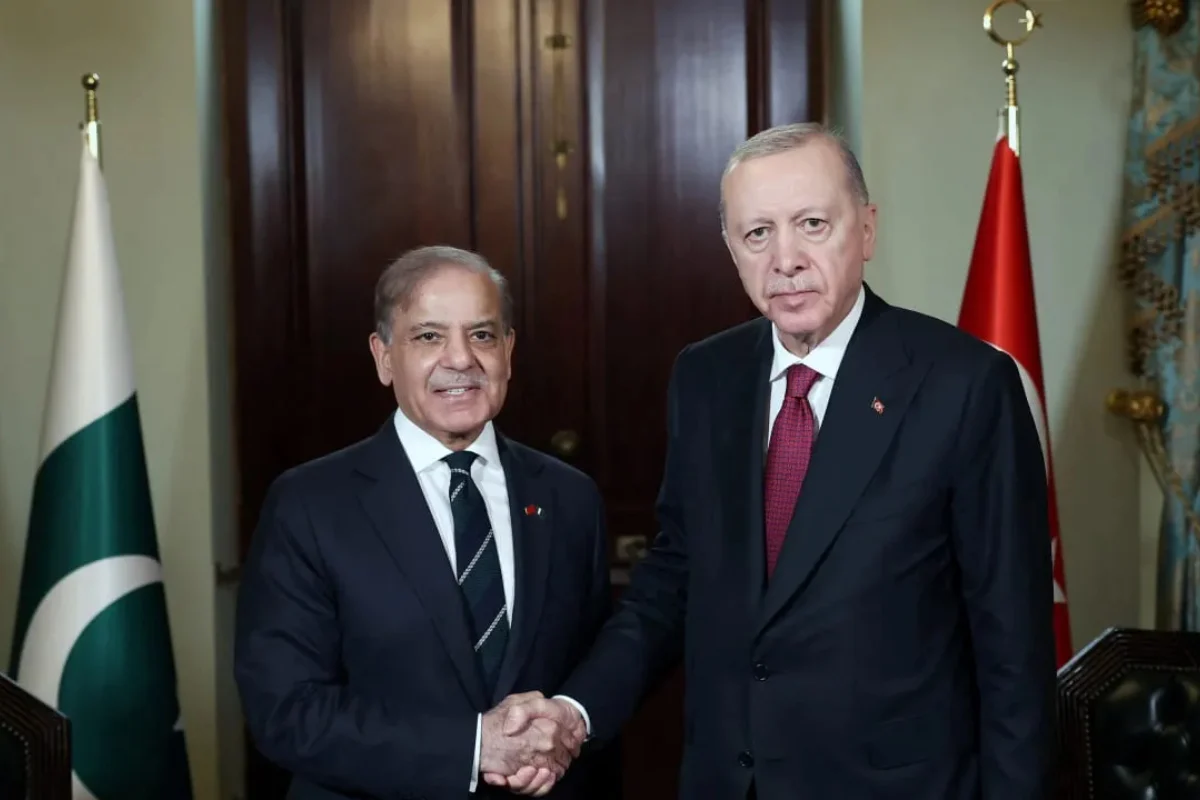On October 27, Kashmiris across the globe will observe Black Day to denounce India’s ongoing control over Jammu and Kashmir, highlighting the escalating human rights violations under what they describe as prolonged military occupation.
The observance marks the anniversary of 1947, when Indian forces entered Jammu and Kashmir—an event that Kashmiris regard as the onset of unlawful occupation, violating both the Partition Plan and the collective aspirations of the Kashmiri people.
For many in the region, this day serves as a somber reminder of decades of repression, unfulfilled promises of self-determination, and the growing human cost of the ongoing conflict. The situation in Indian-Illegally Occupied Jammu and Kashmir (IIOJK) has only worsened since India revoked the region’s semi-autonomous status on August 5, 2019.
According to human rights organizations and local monitors, the figures are alarming: 1,041 people have been killed, including 280 in custodial deaths or alleged fake encounters. Additionally, 2,652 people have been tortured or critically injured, and 29,945 have been arrested during military operations or public protests.
Incidents of arson targeting over 1,100 homes, shops, and public buildings have also been documented, and the toll on women and children has been devastating. Reports show that 82 women have been widowed, 230 children orphaned, and 137 women have been subjected to gang rape or molestation. Since 2019, there have been 22,707 cordon-and-search operations (CASOs), further amplifying the sense of fear and insecurity among the population.
Human rights groups, including Amnesty International and Human Rights Watch, have raised serious concerns about the use of excessive force, arbitrary detentions, and communication blackouts, which restrict the fundamental rights to freedom of expression and access to justice.
As Black Day approaches, rallies, seminars, and solidarity events are being organized in Pakistan, Azad Jammu and Kashmir, and across the global Kashmiri diaspora. Demonstrators are expected to renew calls for international intervention and urge the United Nations and other human rights bodies to hold India accountable and uphold the right to self-determination for the Kashmiri people, as guaranteed by UN Security Council resolutions.
Nearly 78 years after Indian forces first landed in Srinagar, the Kashmir conflict remains unresolved, continuing to shape the complex and fraught relationship between India and Pakistan—two nuclear-armed nations with profound political and emotional ties to the region.
For millions of Kashmiris, October 27 is not just a date in history, but a constant symbol of loss, resistance, and the unyielding struggle for dignity under occupation.















